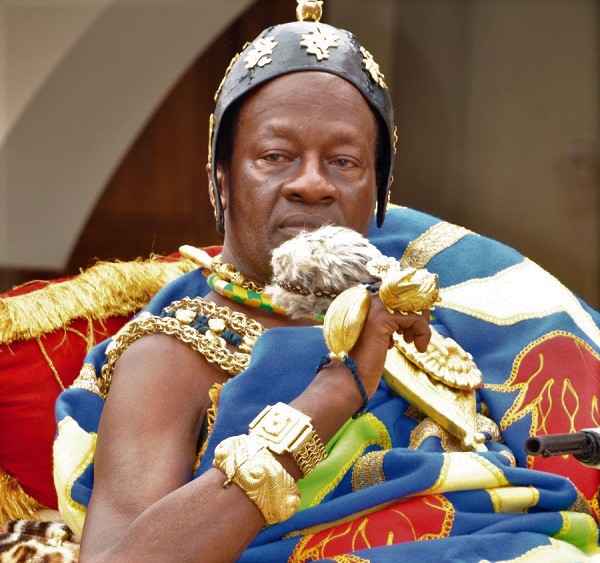A respected statistician and emeritus professor, who is currently the Omanhene of New Juaben Traditional Area, has said there is a constitutional misrepresentation in how presidential election winners are determined.
A story, carried by state-owned Daily Graphic newspaper, reported that Daasebre Professor Oti Boateng believes the widely held view that the number of votes to determine the winner of a presidential election should be “50 per cent plus one votes” is erroneous.
The Omanhene, who is a former government statistician and the first African Chairman of the United Nations Statistical Commission, said, “In the first place ’50 per cent plus one votes’ is mathematically incorrect, since it has two non-additive components, the first being a percentage and the second being a natural number,’” the newspaper reported in its Monday, January 27, 2020 publication.
“Percentages can be added to percentages and natural numbers to natural numbers, but percentages cannot be added to natural numbers,” the newspaper quoted Daasebre Prof. Boateng.
SEE ALSO
- Gov’t reacts to recent Corruption Perception Index report
- NCCE to organise presidential candidate’s debate
According to the emeritus professor, any attempt to add a natural number and percentage which were non-additive entities contravened a fundamental rule of mathematics, the paper reported.
“He observed that in election narratives in the country, particularly during the 2000, 2008 and 2012 elections, there were many stakeholders, including the Electoral Commission (EC), political parties, civil society organisations and the media, that held the position that the number of votes needed to determine a winner in the presidential election must be 50 per cent plus one vote.
“Daasebre Prof. Oti Boateng said if such outright constitutional misrepresentation was allowed to persist, especially in an election year, it had the potential to fan the embers of conflict, which could ultimately destroy the country’s hard-won peace and stability,” the newspaper reported.
According to the Daily Graphic, he quoted Article 63(3) of the 1992 Constitution to support his argument, stating that a person shall not be elected as president of Ghana unless at the presidential election the number of votes cast in his favour was more than 50 per cent of the total number of valid votes cast at the election.
Furthermore, he pointed out that Article 63(4) and 63(5) ensured that where there were more than two candidates in a presidential election and no candidate obtained more than 50 per cent of the valid votes cast, there would be a second election after 21 days of the previous election for the two candidates with the two highest number of votes to determine the winner.
According to the newspaper, the respected statistician noted that the persistent misconception of the invalid construct was originated from the EC as far back as the year 2000, and hence the Commission owed the public a duty to clearly declare its present position on the issue.
“The EC needs to discharge this patriotic public duty to sound the requisite death knell of the invalid construct,” he appealed.

